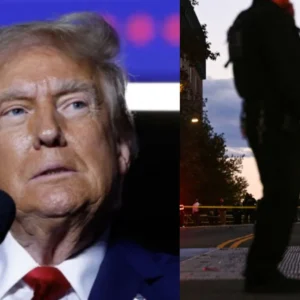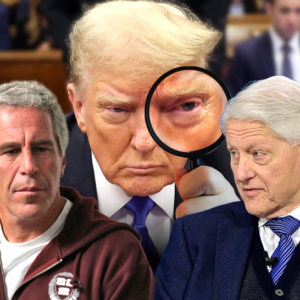Facing mounting economic pressure from President Trump’s aggressive trade policies, China has quietly removed tariffs on approximately $40 billion worth of American goods—a move widely seen as a reluctant concession to the United States’ hardline economic stance.
A list quietly circulated among Chinese companies shows 131 U.S. imports—including pharmaceuticals, industrial chemicals, and medical components—have now been exempted from retaliatory tariffs that previously reached as high as 125%. The exemptions represent nearly a quarter of China’s total imports from the U.S., signaling that Beijing’s trade war resistance may be cracking under the weight of its own economic strain.
This comes just weeks after Trump implemented a sweeping 145% tariff on Chinese imports, citing years of unfair trade practices, intellectual property theft, and economic espionage. The administration’s latest tariffs, part of a broader America First trade realignment, are already being felt in Beijing, where slowing growth and rising unemployment are fueling anxiety among top Communist Party officials.
Treasury Secretary Scott Bessent confirmed the pressure is working, pointing to internal projections that estimate job losses in China could reach 5 to 10 million as manufacturing contracts and investment stalls. “China cannot sustain this much longer,” Bessent said. “Their economic model was built on exploiting access to the U.S. market—and that game is over.”
While Chinese officials continue to posture publicly, the quiet rollback of tariffs suggests an urgent effort to stabilize supply chains and reduce the damage to key sectors. Beijing’s move to shield its own economy, rather than retaliate further, points to a subtle but unmistakable shift in tone. Behind closed doors, Chinese ministries have reportedly expressed a willingness to resume trade talks—so long as the U.S. signals any flexibility in the next round of negotiations.
The Trump administration, however, remains clear: the pressure will continue until structural reforms are made. That includes the end of state-sponsored IP theft, forced technology transfers, currency manipulation, and the use of slave labor in supply chains.
For President Trump, this moment marks a vindication of his years-long effort to reset the U.S.-China trade relationship—one that previous administrations either ignored or mismanaged.
“China got used to taking advantage of America,” one senior trade advisor said. “Now they’re feeling the consequences—and they’re blinking.”
As negotiations inch forward, the White House is making one thing clear: economic capitulation won’t be met with handshakes until the Chinese Communist Party stops playing games with global trade and starts respecting American sovereignty.





